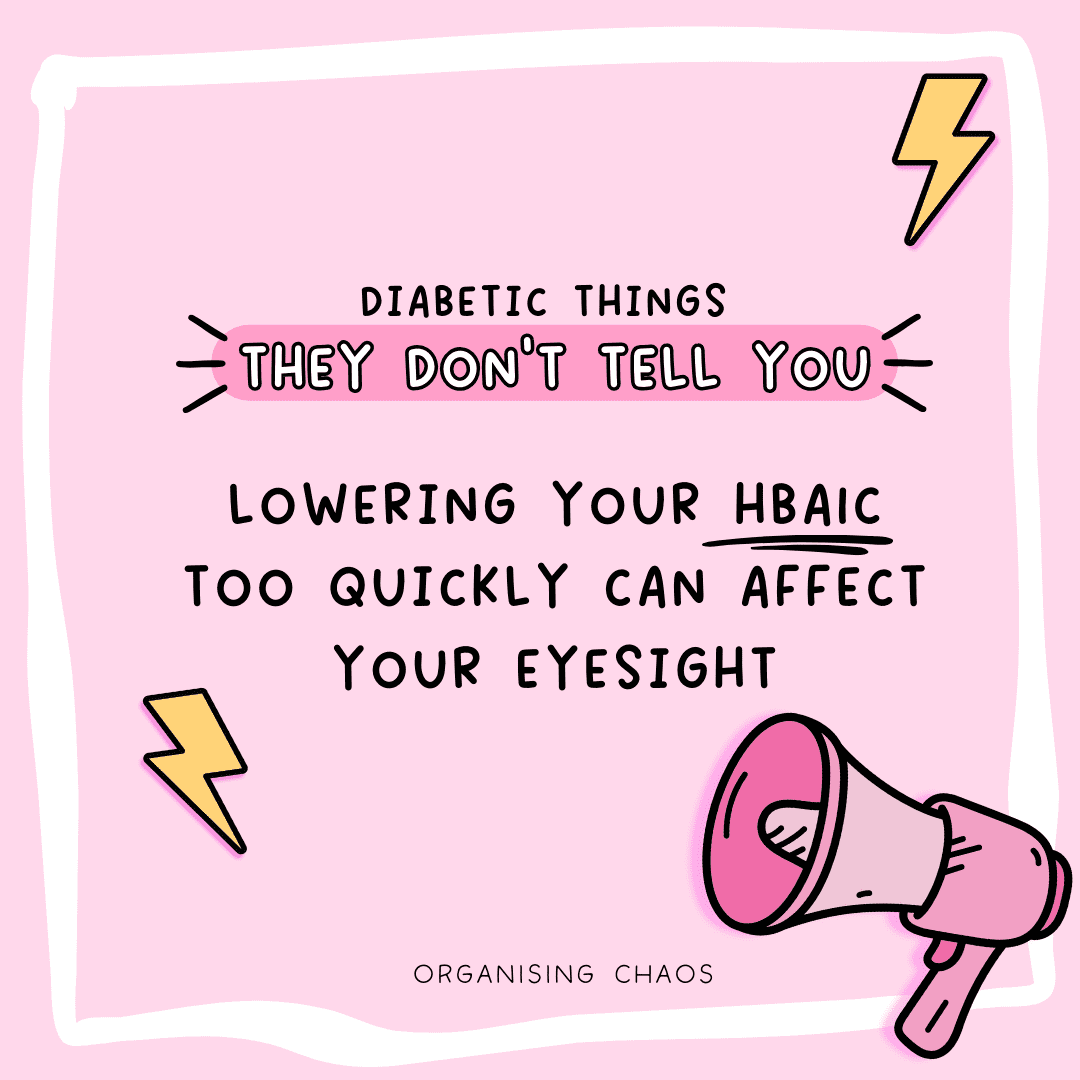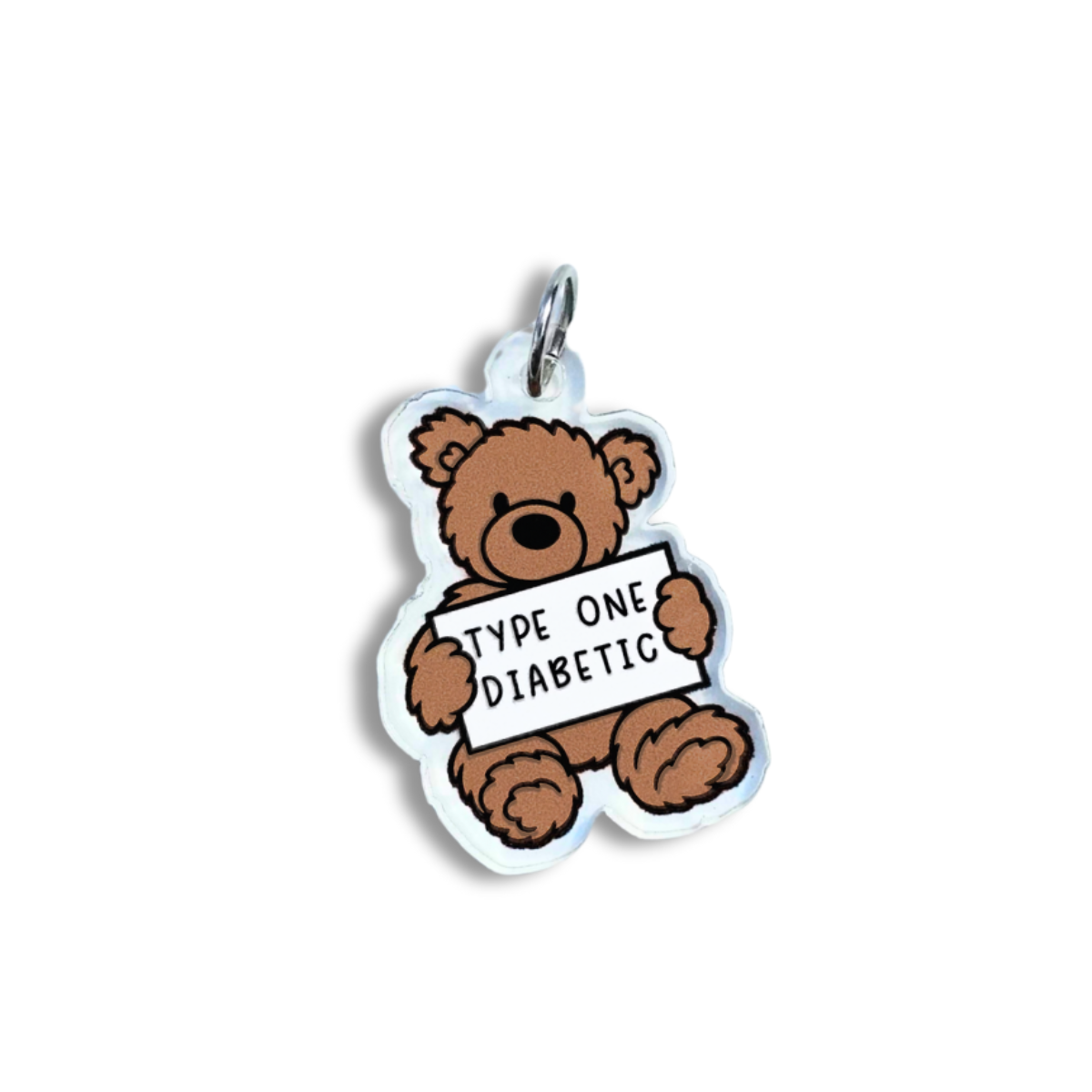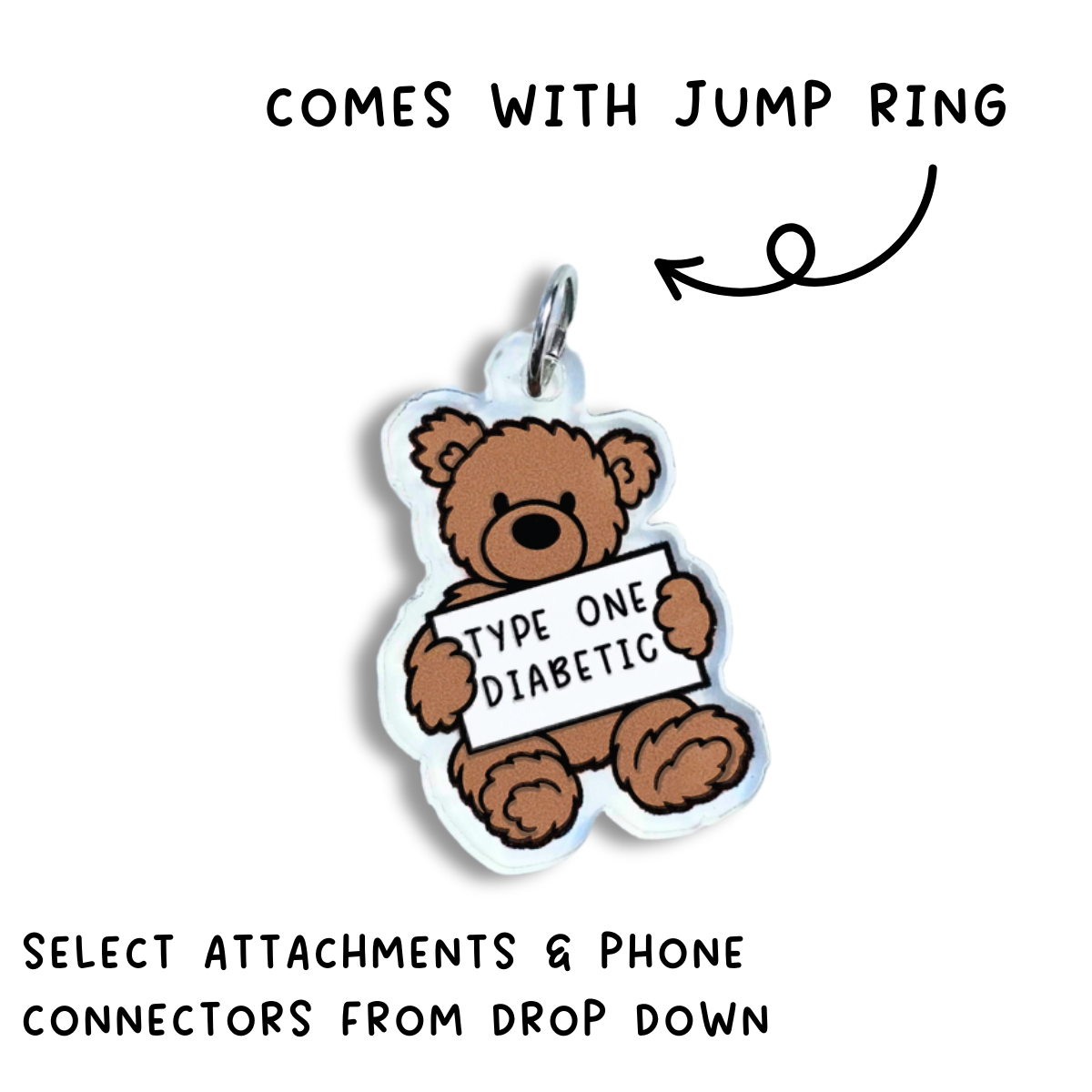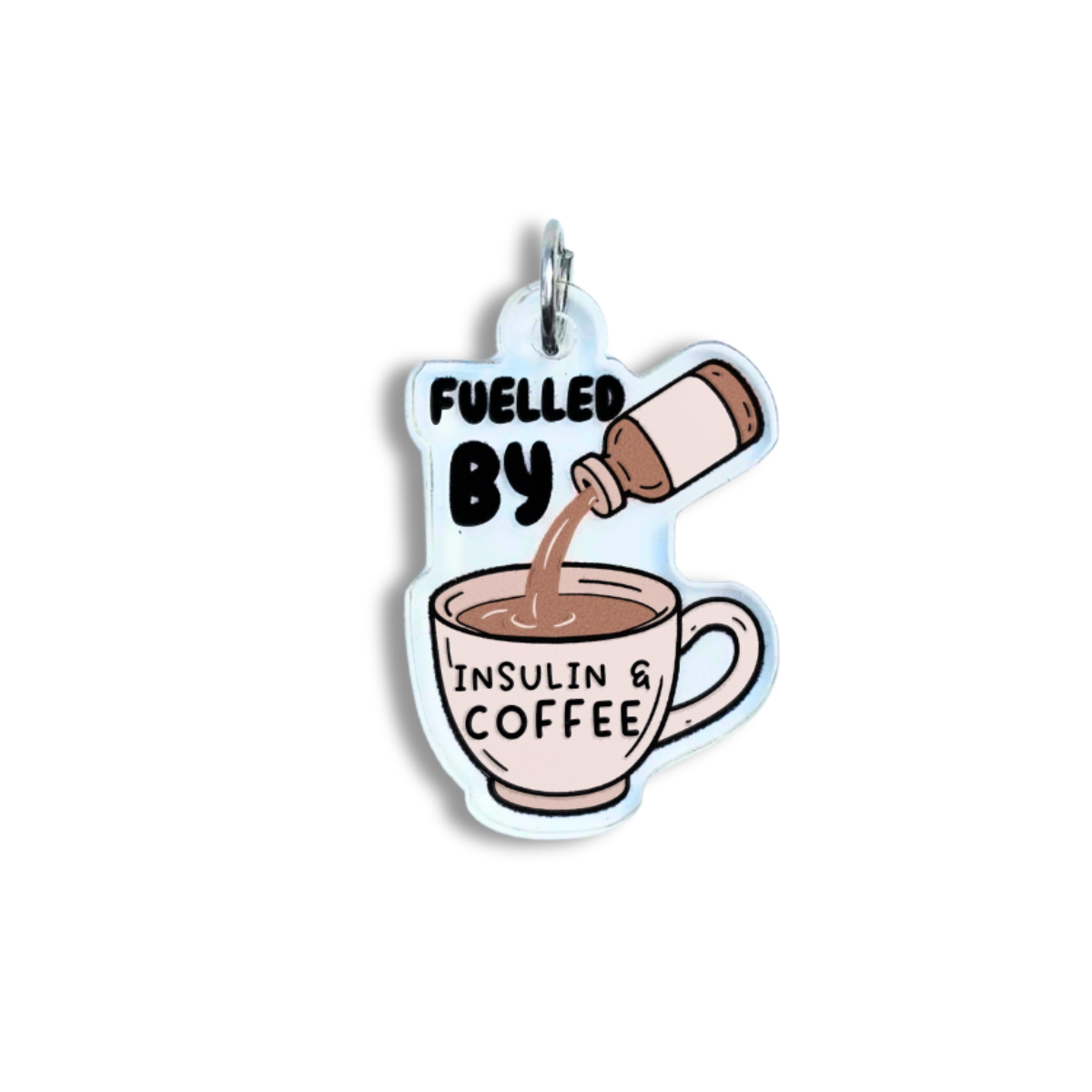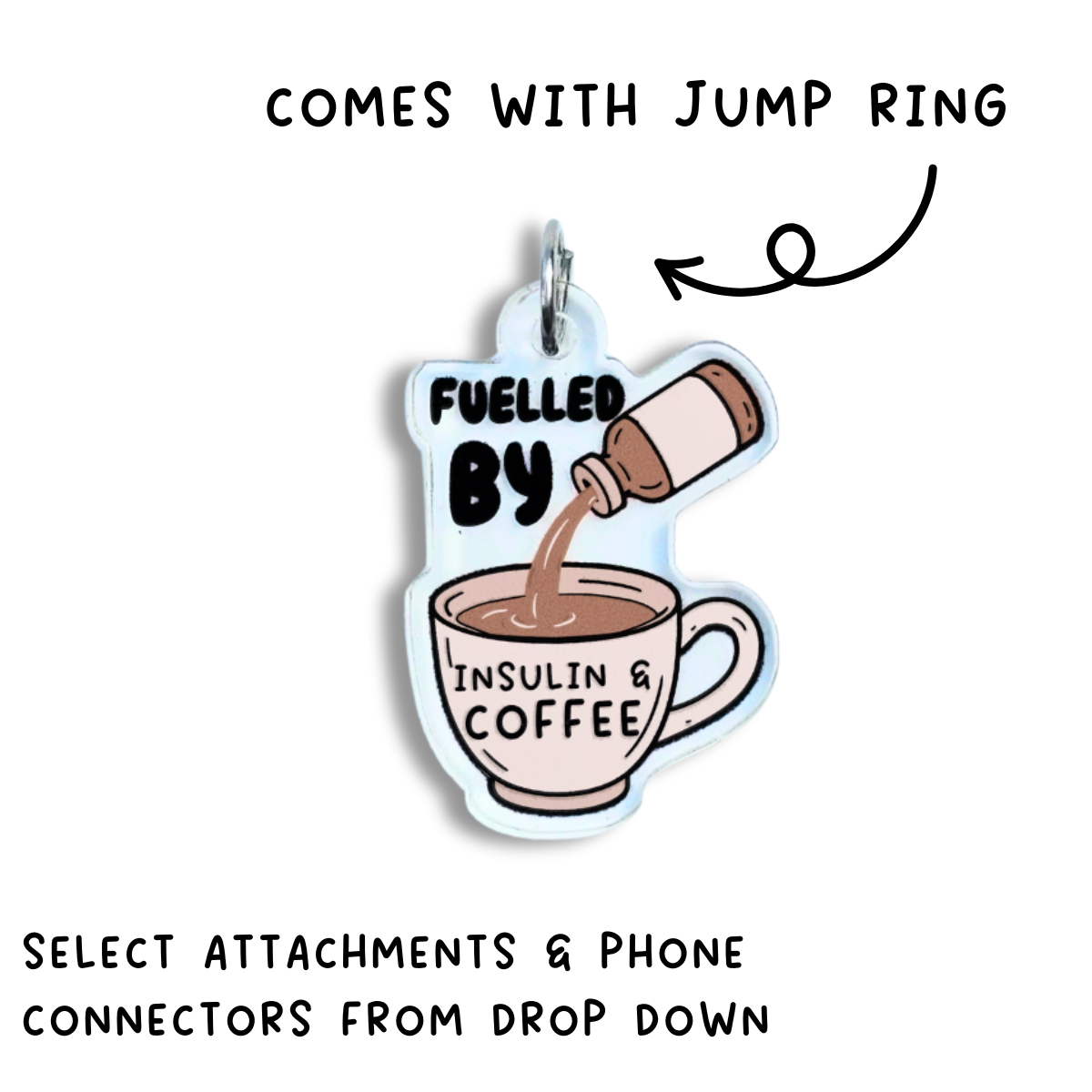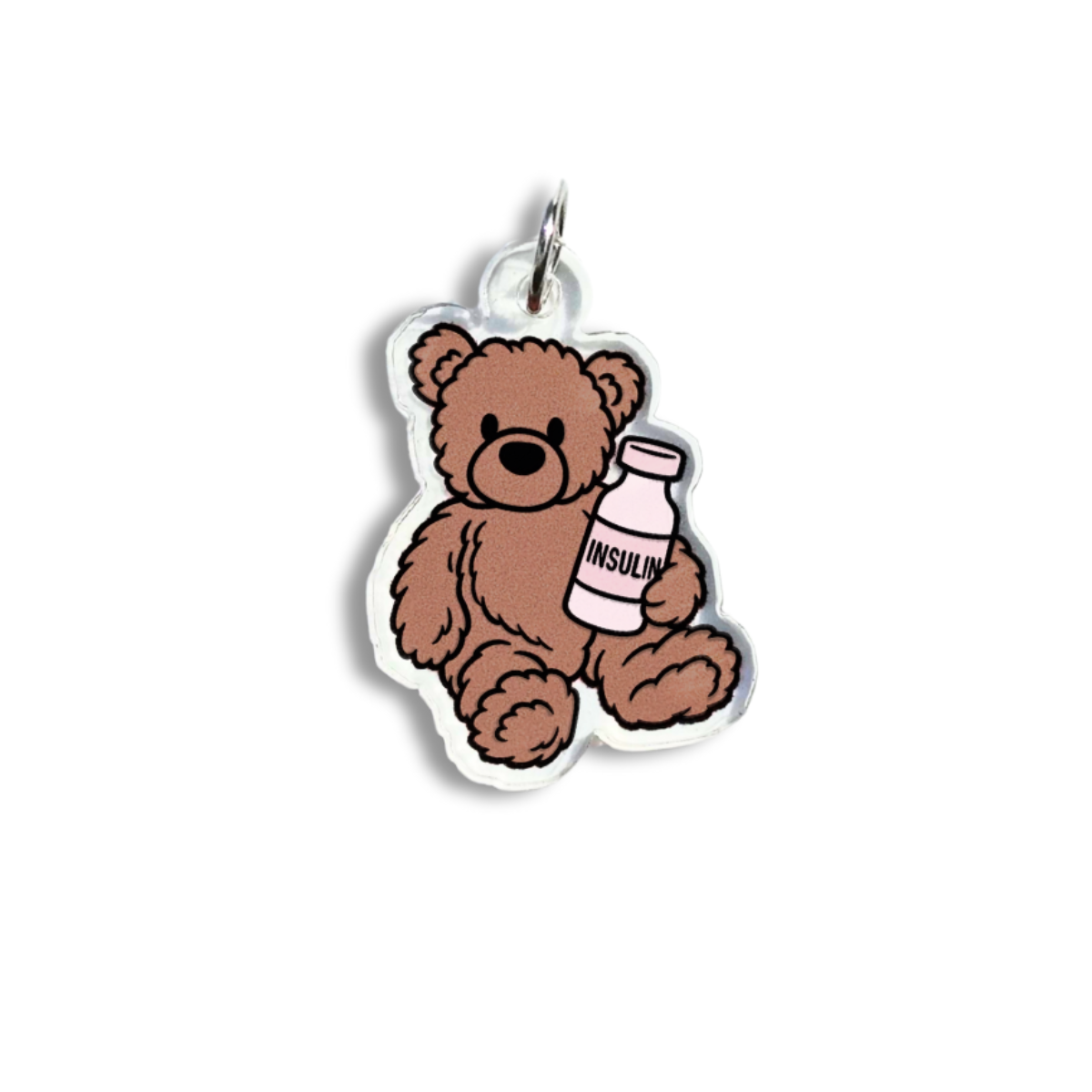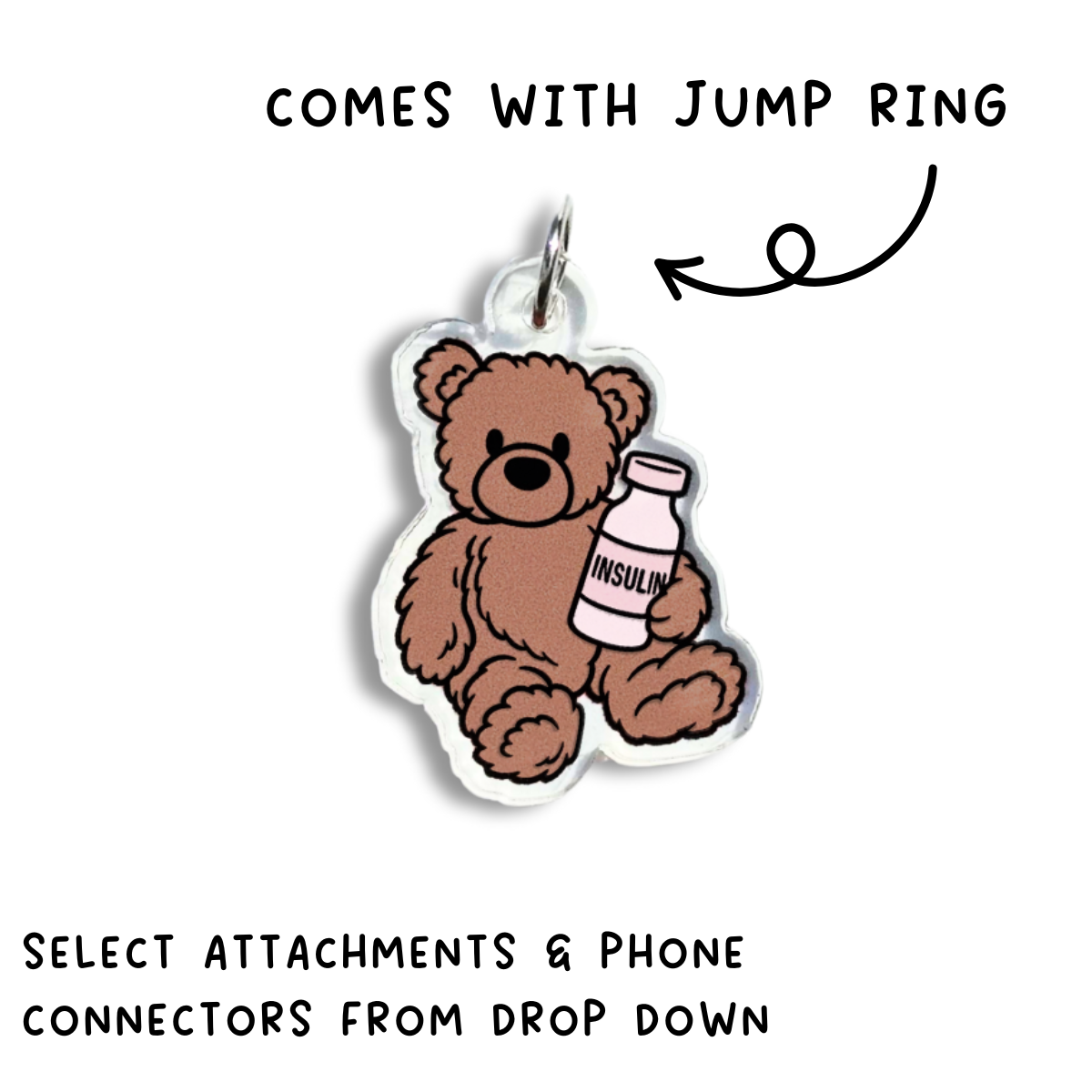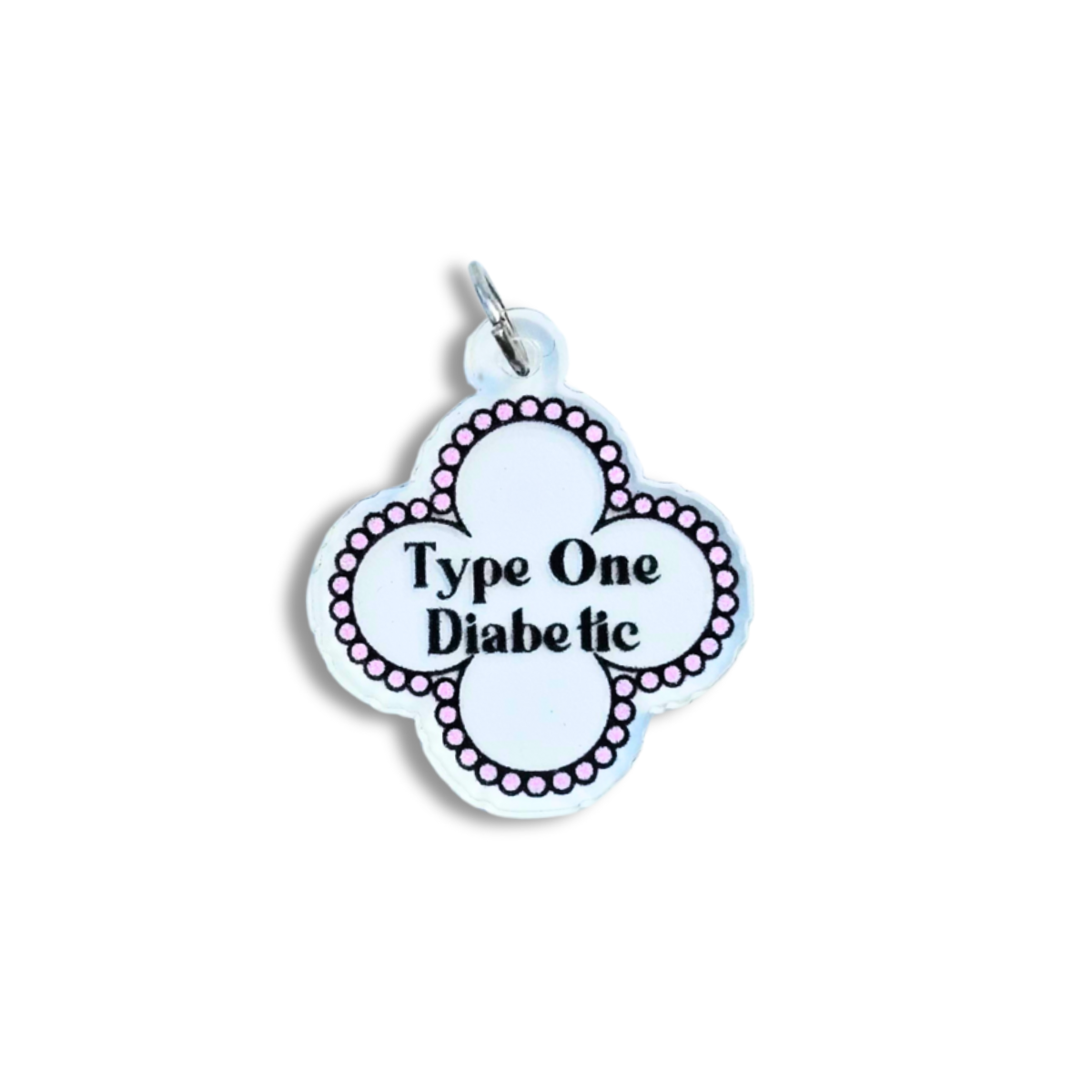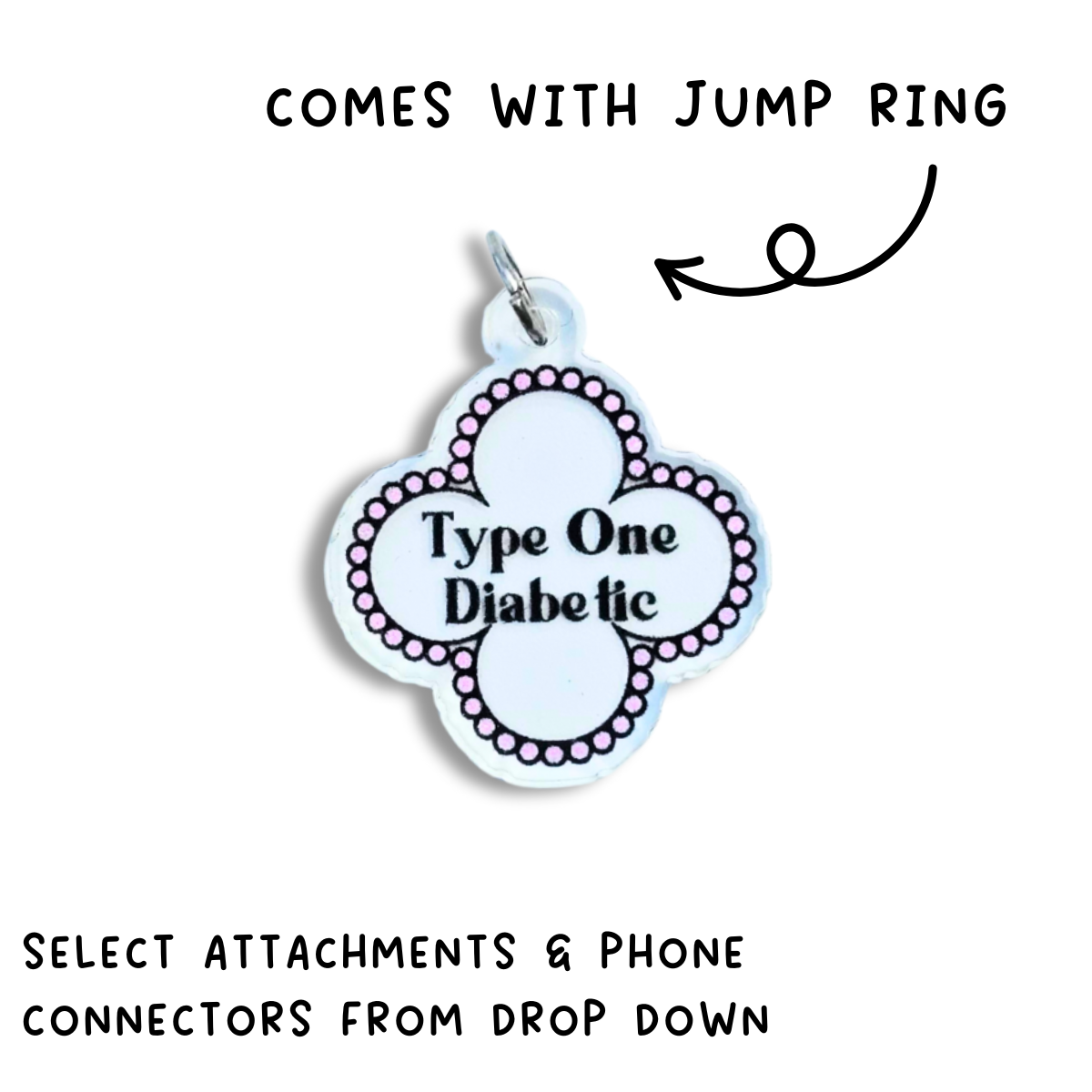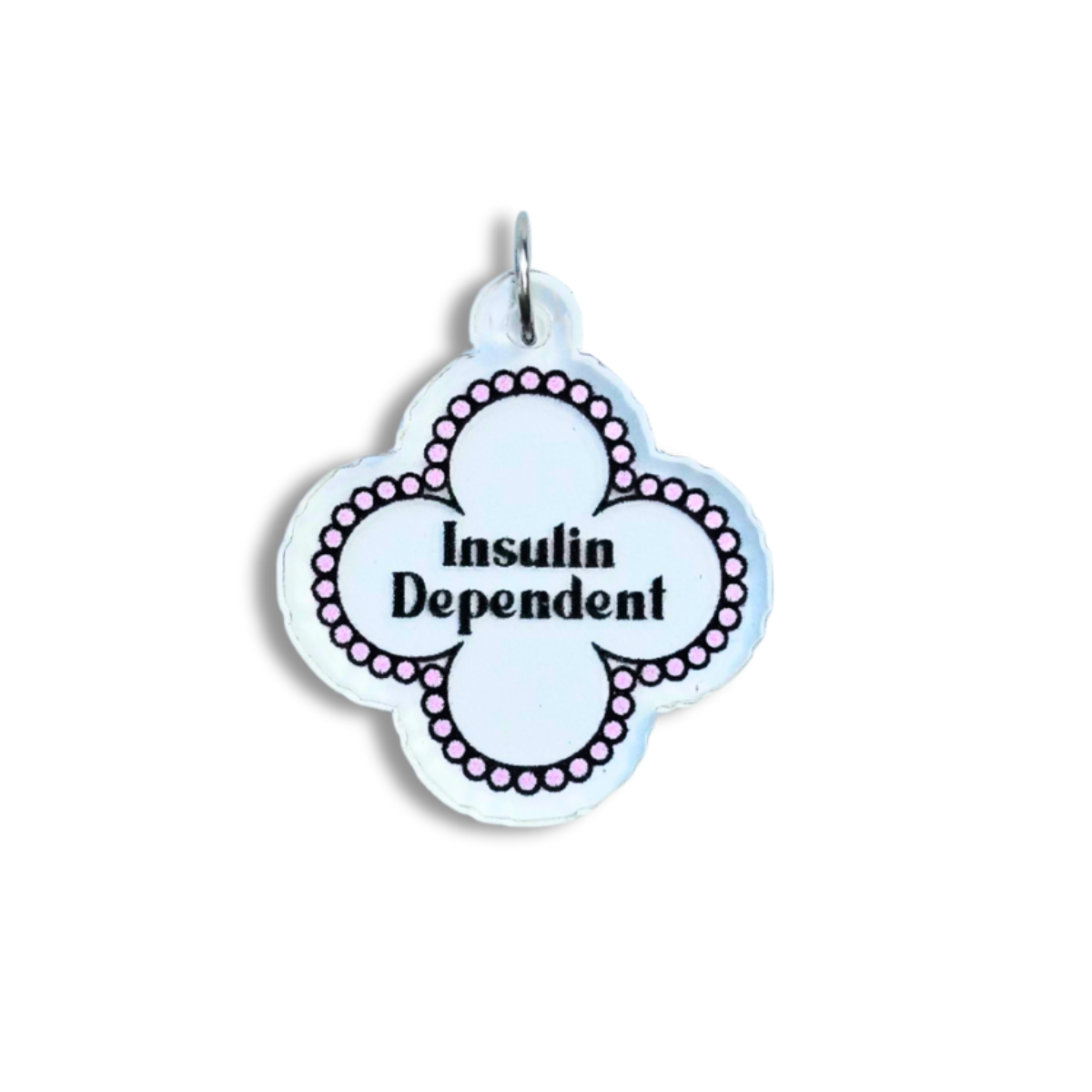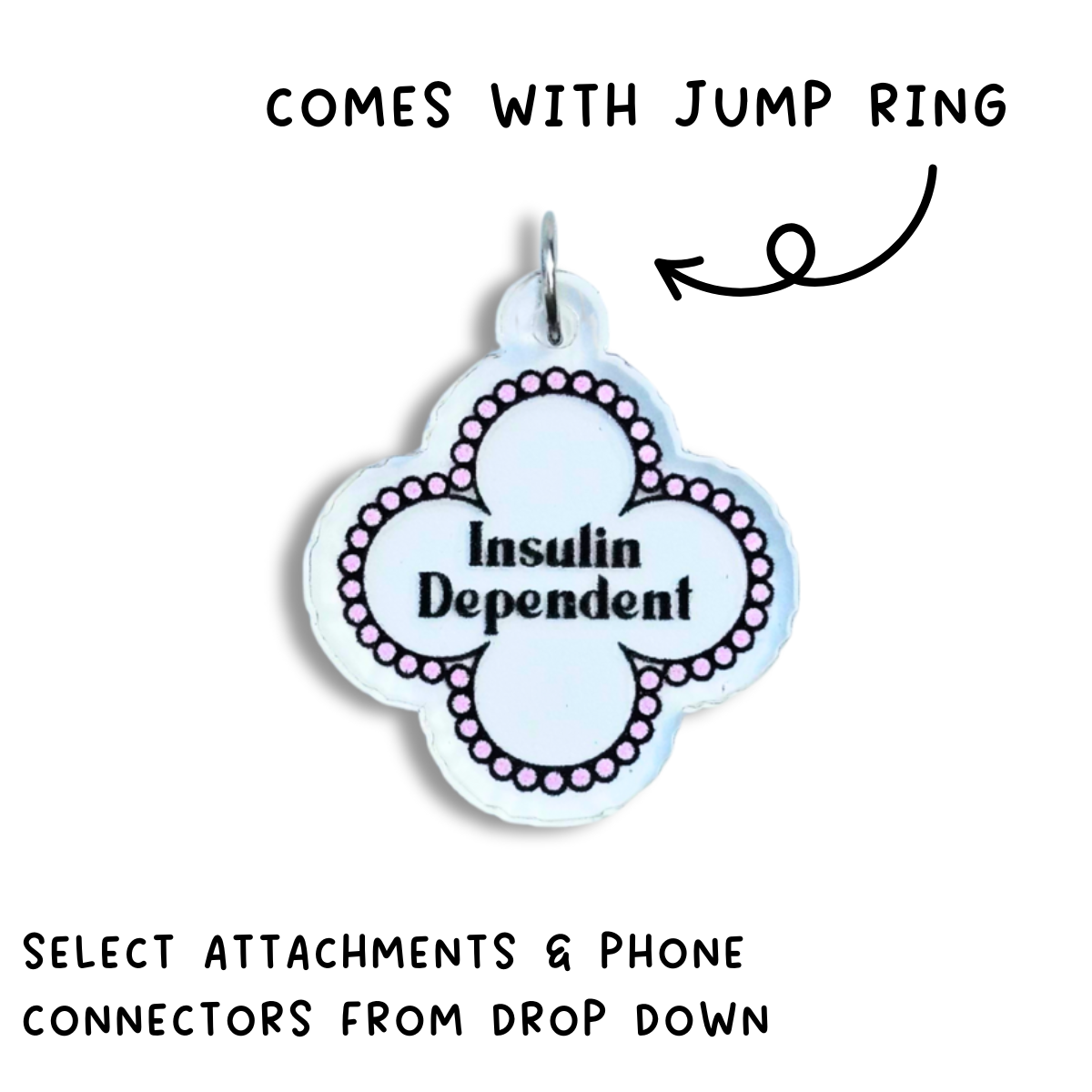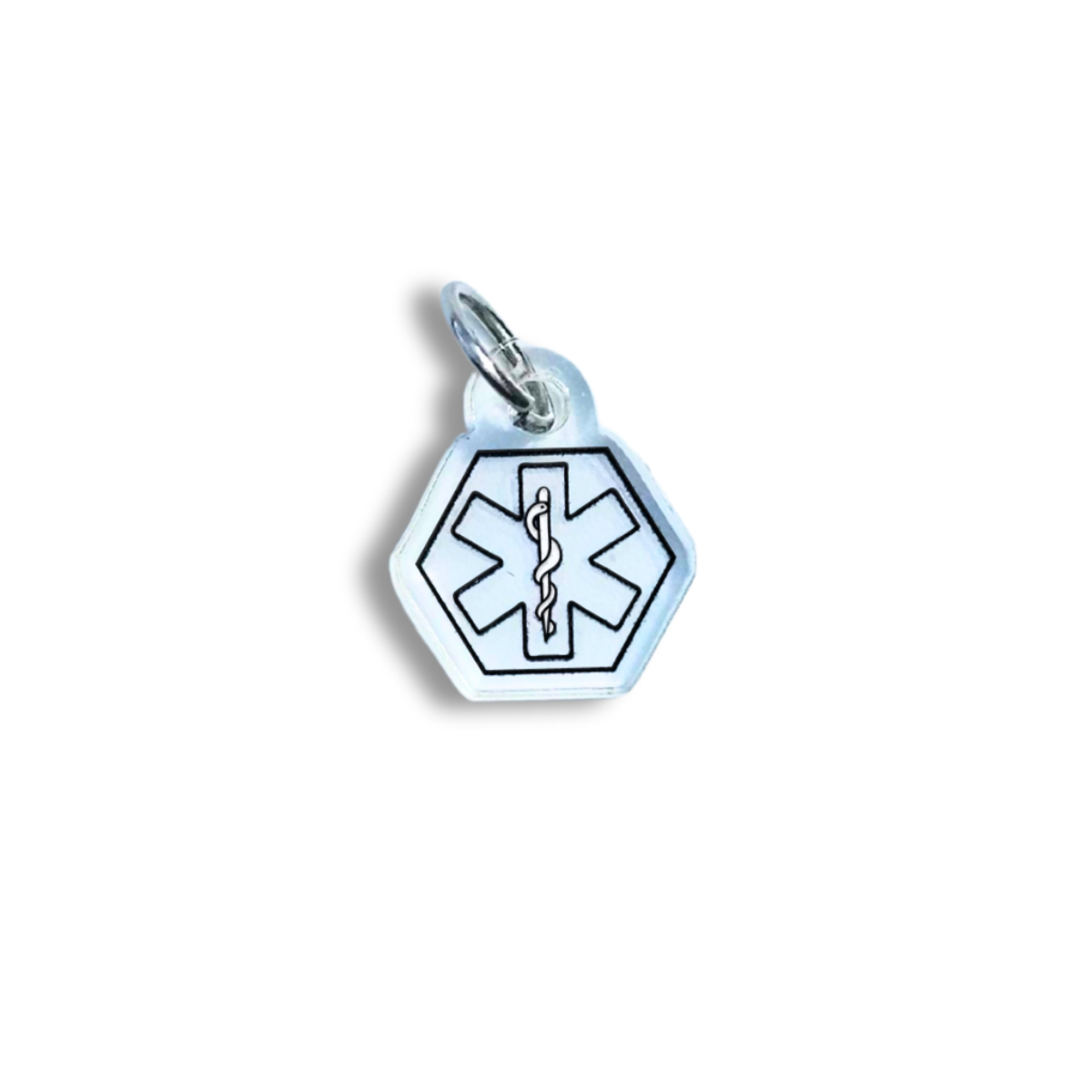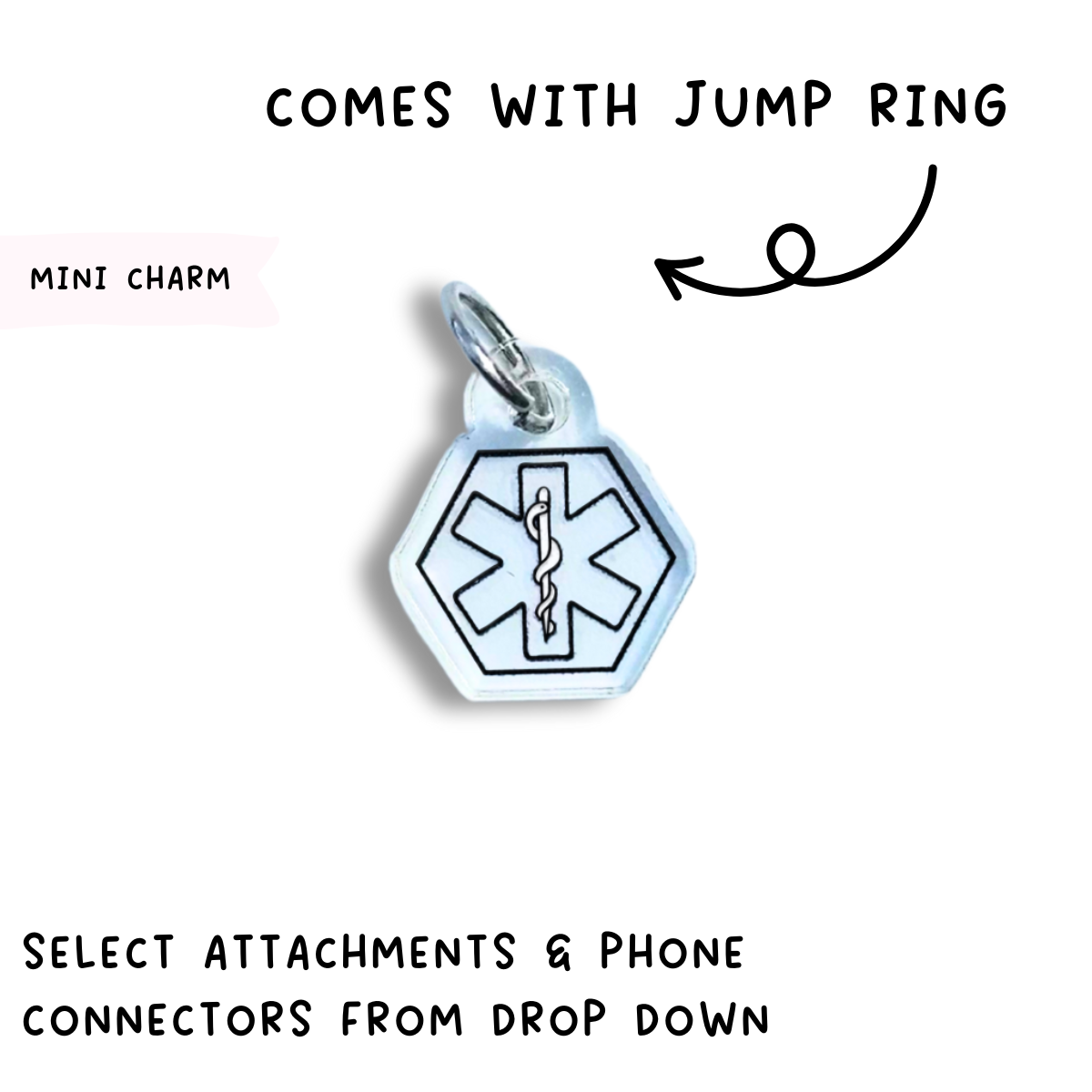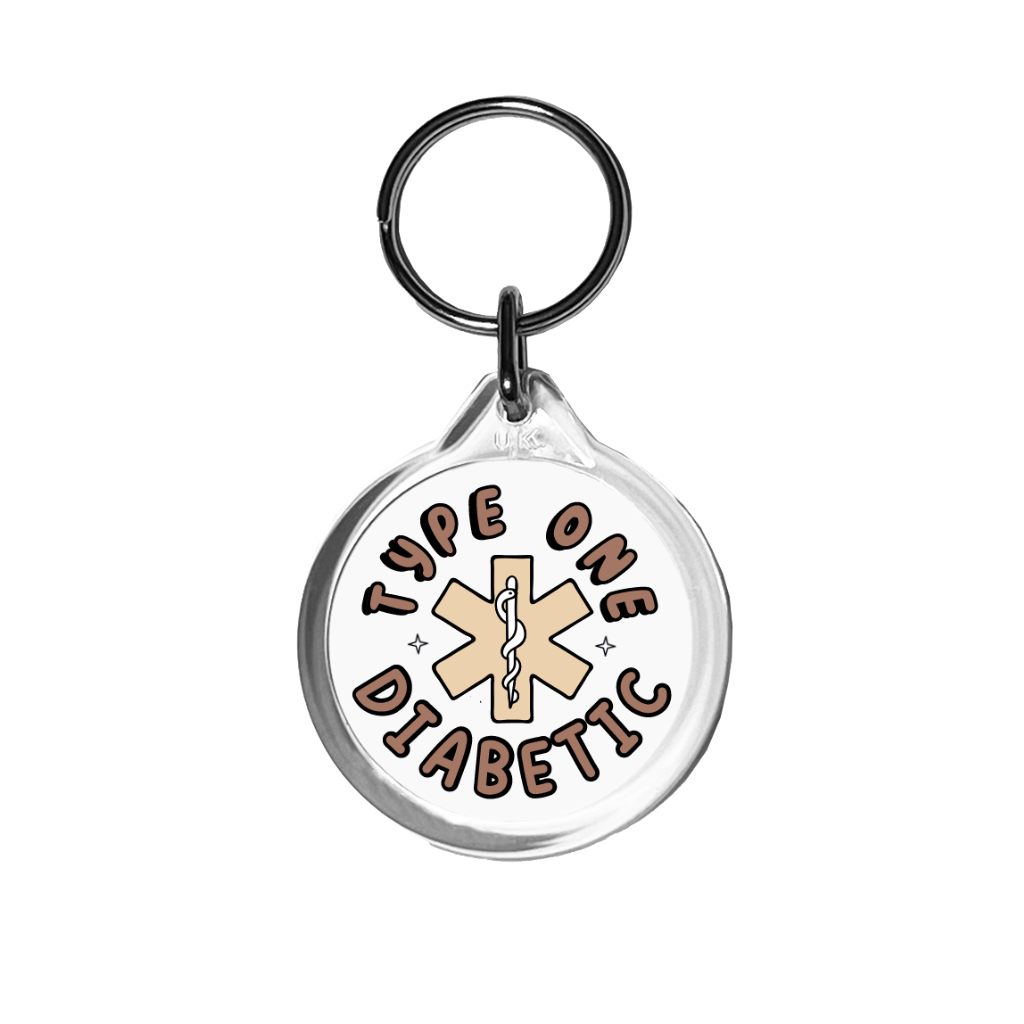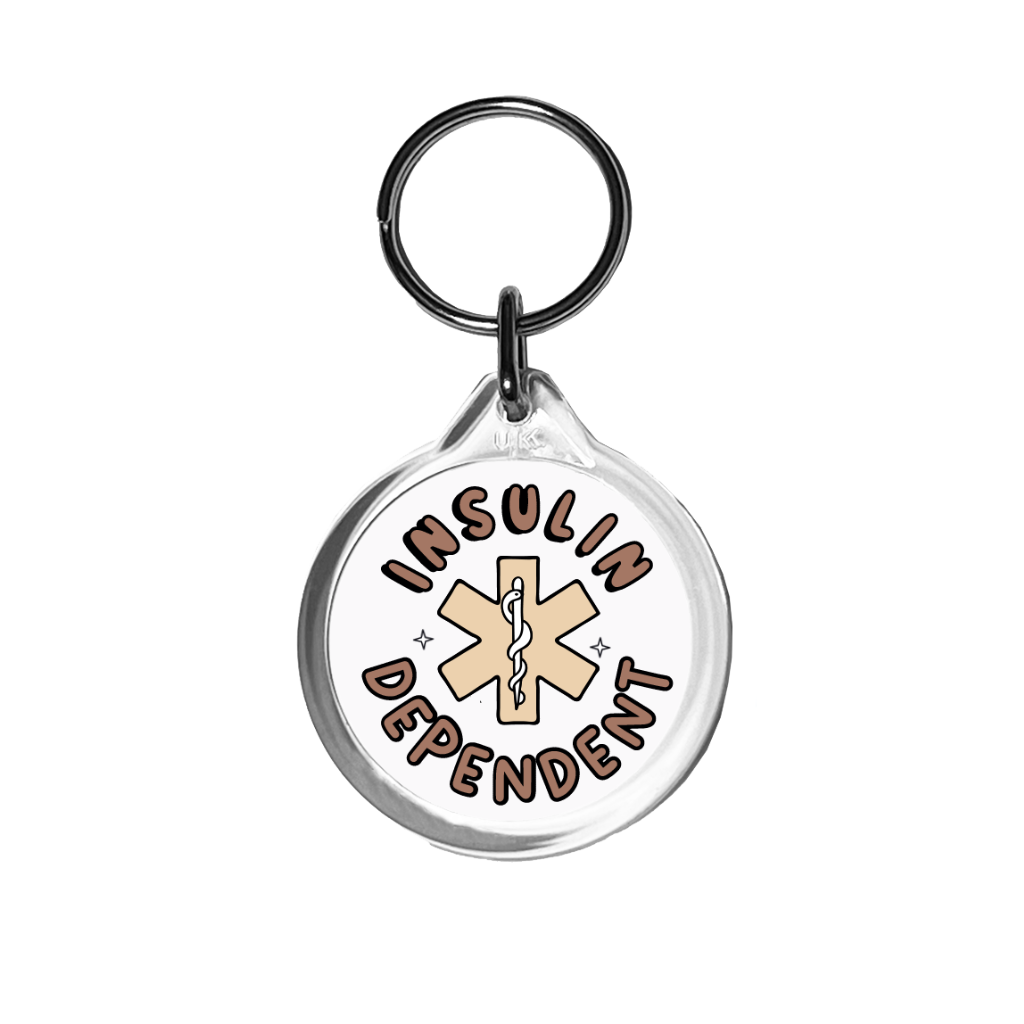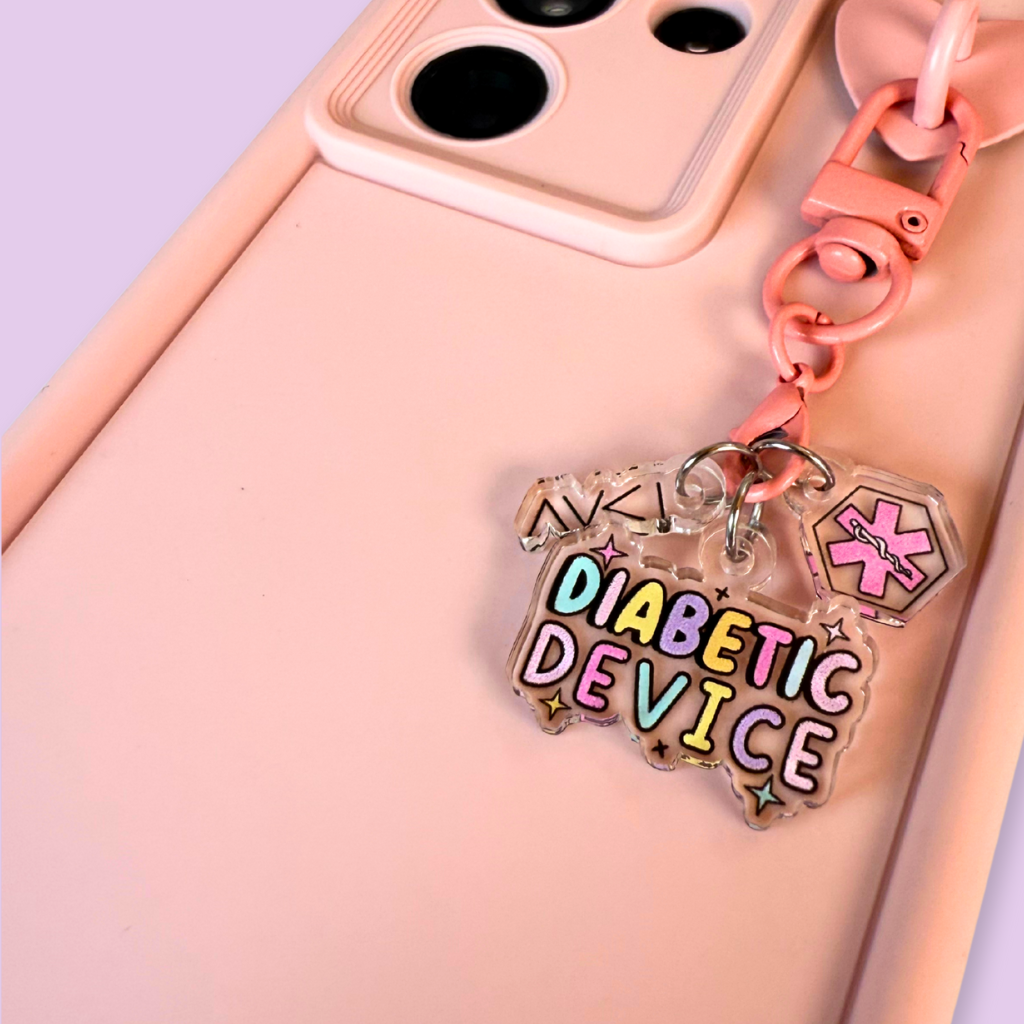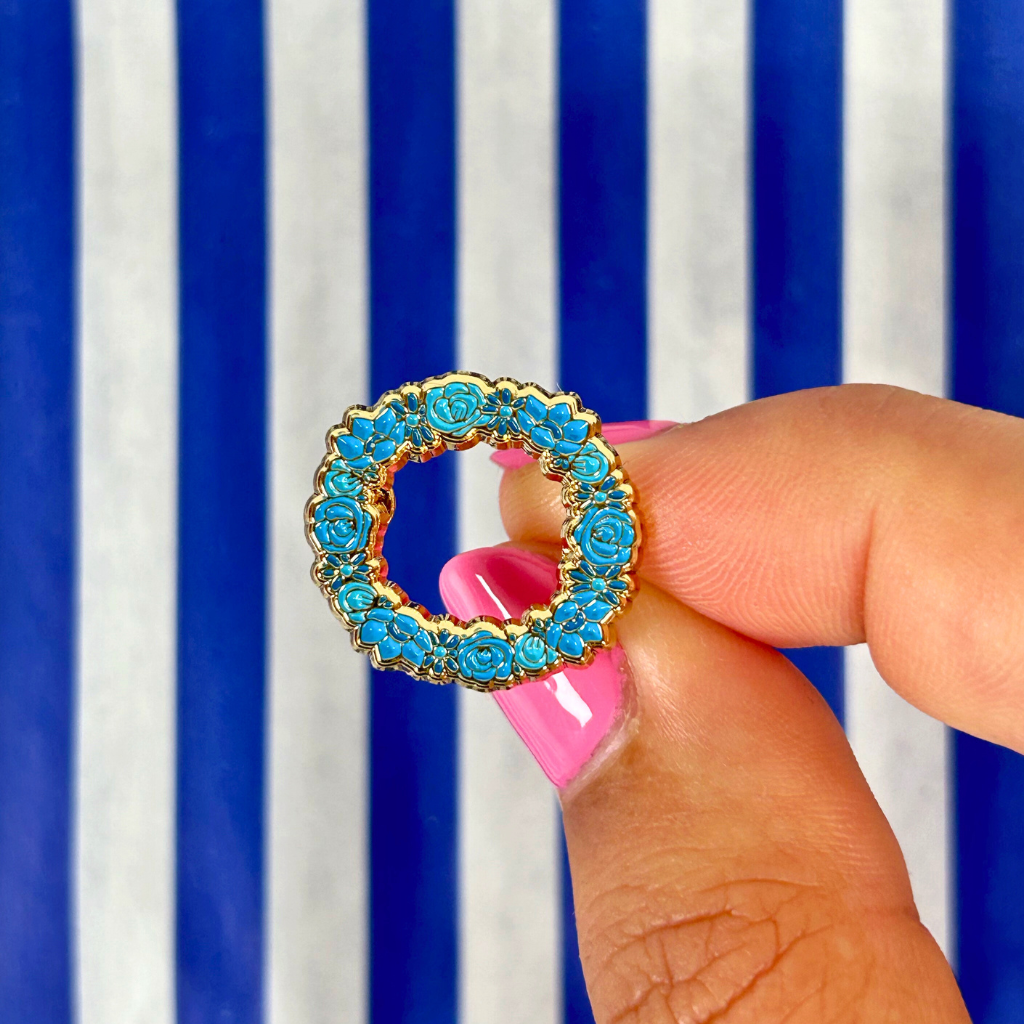Today, I want to share a personal story that I hope can serve as a lesson for anyone in the diabetes community aiming to lower their HbA1c. Managing diabetes is a delicate balance, and sometimes, our eagerness to improve our numbers can lead to unexpected complications.
A while back, I decided to get serious about lowering my HbA1c. I was determined and motivated, so I made significant changes to my diabetes management routine. I tightened up my diet, adjusted my insulin doses, and monitored my blood sugars regimentally. Before I knew it, my HbA1c had dropped dramatically.

However, what I didn't anticipate were the repercussions of such a rapid change. The rapid drop, coupled with years of neglect, caused too much stress on my eyes, leading to complications. Shortly after, I started noticing changes in my vision. After a visit to my ophthalmologist, I received the news: my diabetic retinopathy had developed, and I would need laser treatment in both eyes.
One of the most frustrating parts of this experience was realising that healthcare professionals often don’t warn you of the risks of dropping your HbA1c too quickly. They are so concerned with you getting your diabetes "under control" that they ignore the risks of doing so rapidly, I definitely wasn't warned. It was a scary and overwhelming experience, and the treatments were no walk in the park. But I wasn't alone; I soon learned that other diabuddies in our community had faced similar issues after quickly lowering their HbA1c.
From this experience, I've learned that while it’s important to manage our blood sugars effectively, making changes too quickly can do more harm than good. It’s crucial to work with your healthcare team to gradually lower your HbA1c, giving your body time to adjust. Slow and steady really does win the race when it comes to diabetes management.
So, my advice to all of you is to take it slow. Make small, consistent changes rather than drastic ones. This approach will not only help you avoid complications like retinopathy but also ensure that your body can adapt to the new levels comfortably. Remember, our health journey is a marathon, not a sprint.

